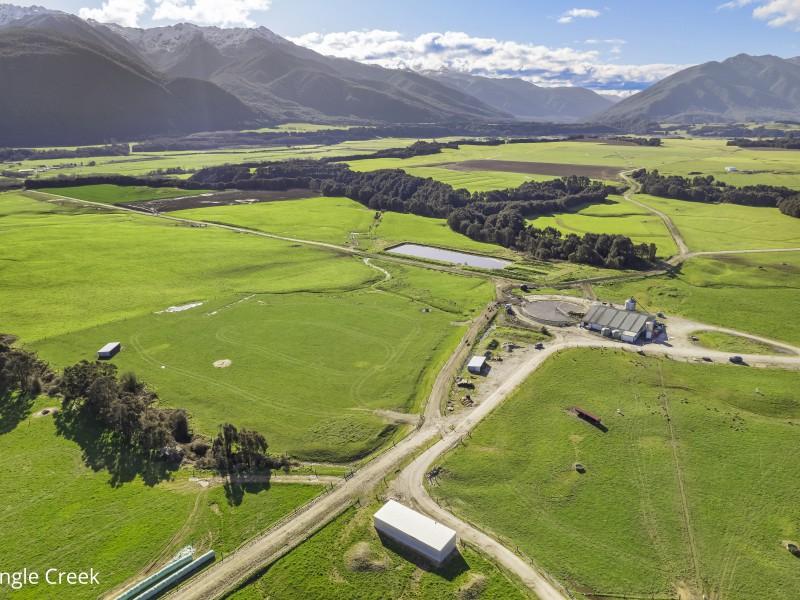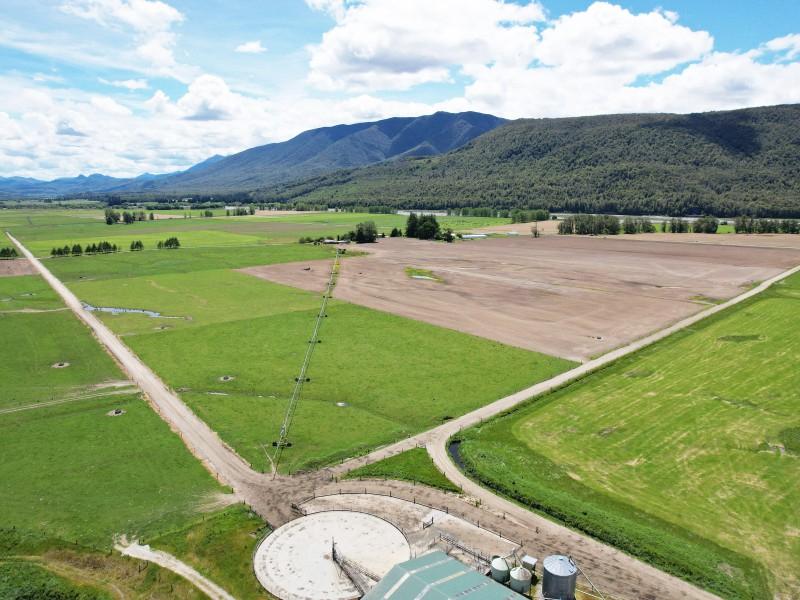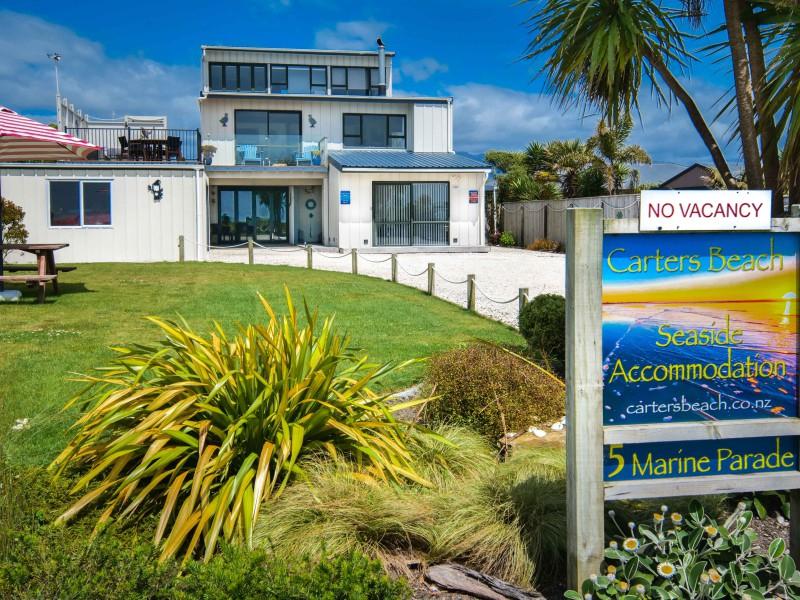‘Big omission’ in West Coast mine application — DOC
By local democracy reporter Brendon McMahon:
The lack of a lighting plan in a West Coast mine application near the breeding colony of the critically endangered Westland petrel "is a big omission", the Department of Conservation (DOC) says.
However, a DOC expert told a Grey District and West Coast Regional councils hearing on Monday that not every potentially fatal grounding of the nocturnal Westland petrel (tāiko) can be attributed to light attraction.
Mining company TiGa has reapplied for a resource consent for an open-cast mine at Barrytown, north of Greymouth.
During the hearing, DOC legal counsel Ceri Warnock said tāiko groundings are known to result in death "in half of all cases" and TiGa needed to engage an independent lighting expert to understand the risk posed by the mine.
The lack of a lighting plan in the TiGa application was "a big omission" and should be provided before any decision was made, she said.
However, DOC's Kate Simister told the hearing other factors can contribute to the death of the diving seabird including age, eyesight, nutrition, and the risk of commercial fishing by-catch.
But Simister said mitigating all the environment risk factors - including light interference - are critical to ensuring the tāiko does not become extinct.
The bird's survival rate is also threatened by increasing climate-driven erosion or landslips along the Punakaiki Coast, which can collapse onto breeding colonies, and the impact of marine heat waves in the past few years, she said.
TiGa proposes to extract heavy mineral concentrate (HMC) through sand mining 63 hectares of a Barrytown Flats farm.
HMC is in demand in the technology sector and for industrial use.
A previous application from the mining company was rejected two years ago.
Warnock said the department was "surprised" that TiGa had still not come forward with evidence from a lighting expert after four years.
This was fundamental to assess the impacts any light impact from the mine will have on the nocturnal tāiko as it flies to and from its breeding colonies in the Barrytown area.
TiGa's proposed mitigation measures did nothing to remove the "real risk" of the petrel groundings in and around the proposed mine site, Warnock said.
"I can't make any concessions until we see the lighting plan," she said.
While TiGa has already conceded it will only operate in daylight hours, how a lighting plan would operate during shift changeovers needed to be more specific, she said.
The department also noted 29 at-risk bird species within 10km of the proposed mine site including tāiko, Pacific reef heron, grey duck, and bittern.
The tiko was first identified as a distinct species in the 1940s and predominantly breeds in bush-clad colonies along the Punakaiki Coast including the Barrytown Flats.
Simister said grounded adult birds reported to the department by the public could be found as far north as Westport and as far south as Hokitika - although grounded juveniles were primarily found in the Barrytown area.
--------------------------
Since submissions opened TiGa has undertaken to:
* Restrict truck movements and mining to daylight hours.
* Enhanced penguin surveys and conservation efforts to avoid effects on korora.
* Investigate a fence to protect penguins from site.
* No dogs on site except conservation dogs.
* The processing plant to be fully housed in a building with strict exterior light restrictions.
* An updated avian management plan to address tāiko (Westland petrel) interactions on site, including shutting down the processing plant if two interactions are recorded in a four-week period.
* Bird surveys of areas surrounding the site for duration of the mine to inform any management plan for threatened and at risk bird species at the adjacent lagoon.
* Installing wildlife cameras to detect Korora and tāiko.
The proposal also involves reinstatement of planting along the adjoining Collins Creek, and the edge of its lagoon.
In addition, a fenced off 1.9ha wetland will be established in the northwest corner of the site when mining is finished.
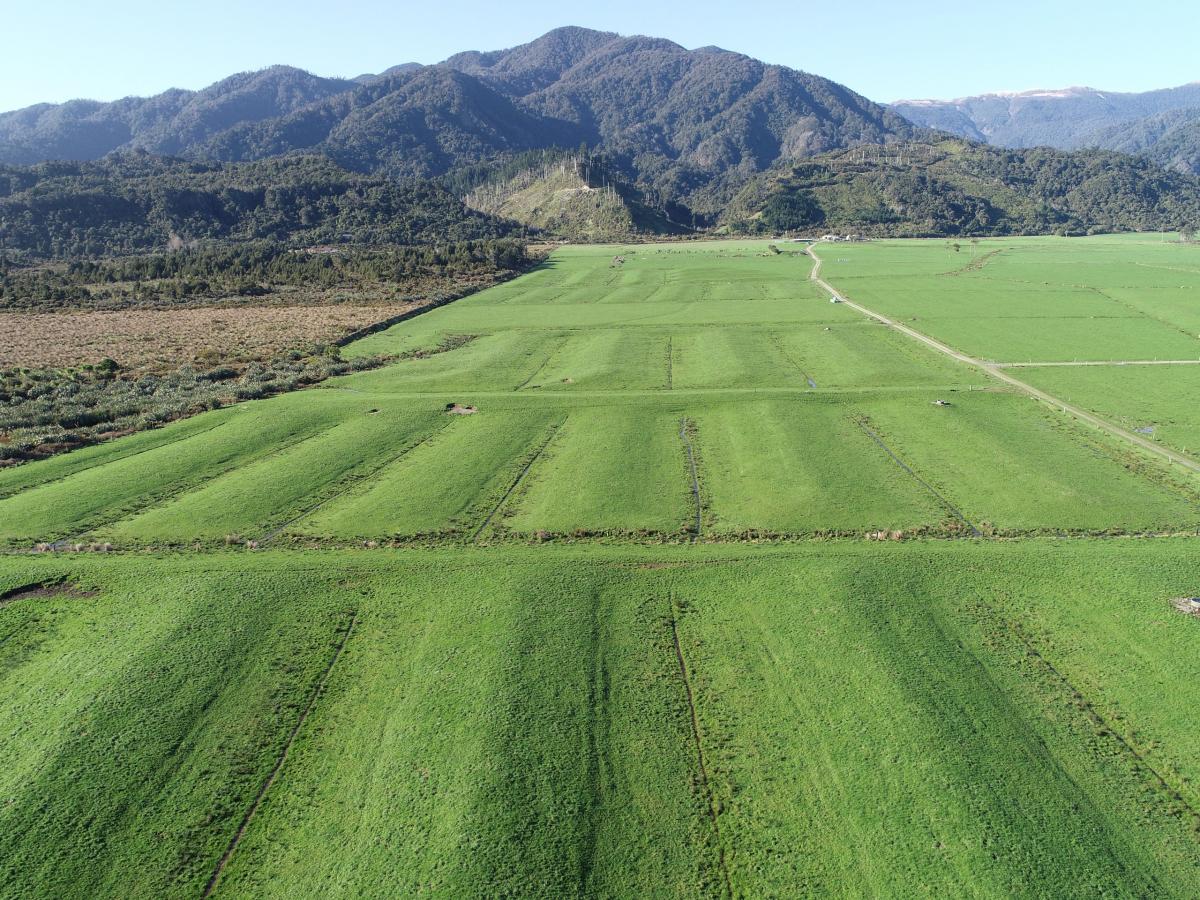
We're talking new year resolutions...
Tidying the house before going to bed each night, meditating upon waking or taking the stairs at work.
What’s something quick, or easy, that you started doing that made a major positive change in your life?

⚠️ DOGS DIE IN HOT CARS. If you love them, don't leave them. ⚠️
It's a message we share time and time again, and this year, we're calling on you to help us spread that message further.
Did you know that calls to SPCA about dogs left inside hot cars made up a whopping 11% of all welfare calls last summer? This is a completely preventable issue, and one which is causing hundreds of dogs (often loved pets) to suffer.
Here are some quick facts to share with the dog owners in your life:
👉 The temperature inside a car can heat to over 50°C in less than 15 minutes.
👉 Parking in the shade and cracking windows does little to help on a warm day. Dogs rely on panting to keep cool, which they can't do in a hot car.
👉 This puts dogs at a high risk of heatstroke - a serious condition for dogs, with a mortality rate between 39%-50%.
👉 It is an offence under the Animal Welfare Act to leave a dog in a hot vehicle if they are showing signs of heat stress. You can be fined, and prosecuted.
SPCA has created downloadable resources to help you spread the message even further. Posters, a flyer, and a social media tile can be downloaded from our website here: www.spca.nz...
We encourage you to use these - and ask your local businesses to display the posters if they can. Flyers can be kept in your car and handed out as needed.
This is a community problem, and one we cannot solve alone. Help us to prevent more tragedies this summer by sharing this post.
On behalf of the animals - thank you ❤️

What word sums up 2024, neighbours?
If 2020 was the year of lockdowns, banana bread, and WFH (work from home)....
In one word, how would you define 2024?
We're excited to see what you come up with!

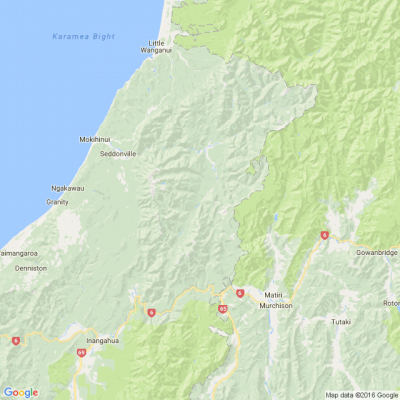
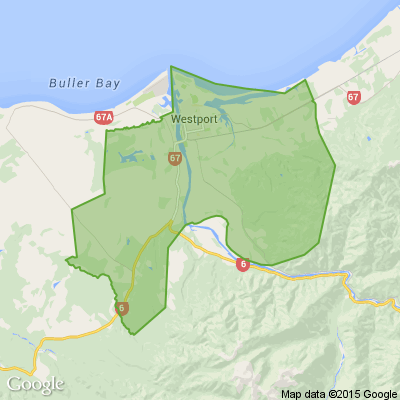




 Loading…
Loading…



